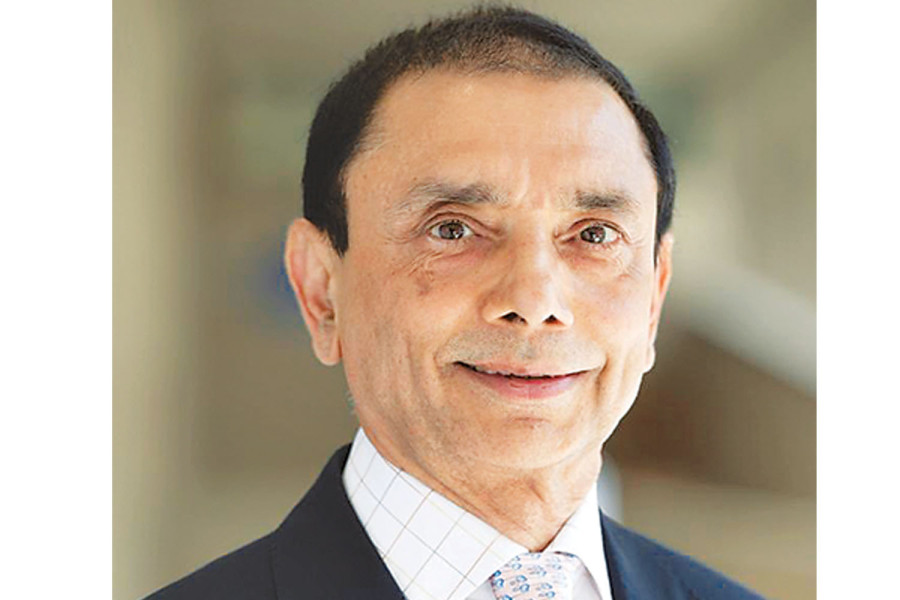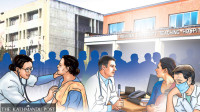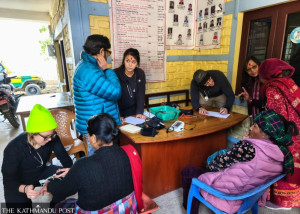Health
Eminent figures back Nepali WHO official’s bid for regional chief
Dr Shambhu Acharya is a contestant for chief of WHO South-East Asia Regional Office.
Post Report
Some noted personalities—former ambassadors, former assistant secretary general of the United Nations, former UN resident coordinators, and doctors—have urged the government to redouble efforts in favour of Dr Shambhu Prasad Acharya, who has been vying for the position of regional director at the Southeast Asia Regional Office (SERO) of the World Health Organisation.
Acharya is Nepal’s official candidate, fielded by the government for the job.
Issuing a statement on Sunday, supporting Nepal’s candidate for WHO SERO, the eminent persons have demanded a transparent selection process so that a deserving candidate is elected to such an important position.
The organisation’s 11 member countries—Nepal, India, Bhutan, Bangladesh, Sri Lanka, Myanmar, DPR Korea, the Maldives, Timor Leste, Indonesia and Thailand—will nominate the organisation’s next regional director through a closed-door SERO session set to be held between October 30 and November 2.
Nepal and Bangladesh have fielded candidates for the post. Acharya is the senior-most official of the WHO while his rival Saima Wazed is the daughter of Bangladesh Prime Minister Sheikh Hasina.
“The other candidate who is competing for the position is regarded by the public and the health and medical fraternity as a political portege with a privileged pedigree whose thin resume is not adequate to lead a complex global health institution such as WHO-SERO,” said the statement.
“In the current post-Covid public health environment with its numerous challenges, including those related to income disparities, climate crisis and a potential surge of new vectors with potential for great destruction, the UN leaders steering health issues must have strong credentials and proven dynamics.”
Those behind the issuance of the joint press statement, include former minister and ambassador Nilamber Acharya; former assistant secretary general and deputy executive director at UNICEF Kul Chandra Gautam; professor Rita Thapa, who was instrumental in Nepal’s Primary Health Care; Dr Bhagwan Koirala, chairman of the Nepal Medical Council; Dr Naresh Pratap KC, executive director of Family Planning Association; Professor Madhu Dixit, former associate dean at the Institute of Medicine, Tribhuvan University; Dr Sudha Sharma, former health secretary; Bishow Parajuli, former UN resident coordinator; and Dr Badri Pande, a public health expert.




 14.12°C Kathmandu
14.12°C Kathmandu













